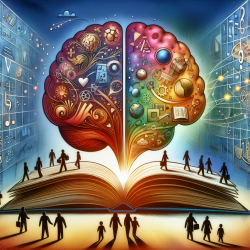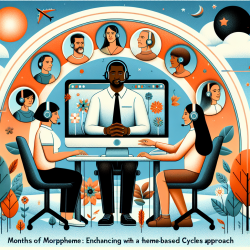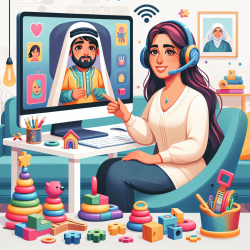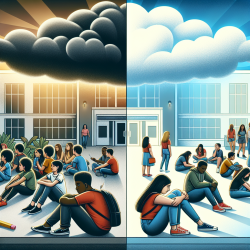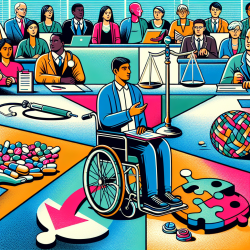Recent research, titled "Cultural framing of giftedness in recent US fictional texts," offers intriguing insights into how giftedness is depicted in US fiction. As a practitioner in online therapy and special education, understanding these cultural framings can significantly enhance your practice and interactions with gifted students.
The study analyzed 485,179 text samples from US fictional works, focusing on instances of the word "gift*" related to giftedness. The findings revealed several key themes and emotional tones that can inform your approach to gifted education and therapy.
Key Themes in Fictional Depictions of Giftedness
The research identified four broad areas associated with giftedness in US fiction:
- Ability, Learning, and Education: Terms like "talent," "ability," "school," and "teacher" frequently appeared, highlighting a strong association with intellectual prowess and educational settings.
- Causes and Consequences: Words such as "curse," "bless," and "develop" suggest a dual perspective on giftedness, recognizing both its potential burdens and benefits.
- Domain Associations: Giftedness is often linked with the arts and humanities, with terms like "artist," "music," and "writer" appearing frequently. Interestingly, STEM fields were notably absent.
- Beauty: Words like "beauty" and "beautiful" indicate an aesthetic dimension to the cultural framing of giftedness, which might reflect societal biases.
Emotional Valence of Giftedness in Fiction
The sentiment analysis of the texts showed a predominantly positive emotional tone when discussing giftedness. Positive terms were more prevalent, suggesting that fictional narratives often portray giftedness with a sense of wonder and appreciation.
This positive framing contrasts with the more ambivalent or negative perceptions often reported in educational settings, where giftedness can be associated with elitism or social isolation. The fictional portrayal offers a more nuanced and hopeful perspective that could be leveraged in therapeutic settings.
Implications for Practitioners
Understanding these cultural framings can help you better empathize with gifted students and their unique challenges. Incorporating the positive aspects of giftedness highlighted in fiction into your therapy sessions can foster a more supportive and encouraging environment for these students.
Additionally, being aware of the societal biases and aesthetic associations with giftedness can help you address any misconceptions and provide a more balanced view to students and their families.
To read the original research paper, please follow this link: Cultural framing of giftedness in recent US fictional texts.
